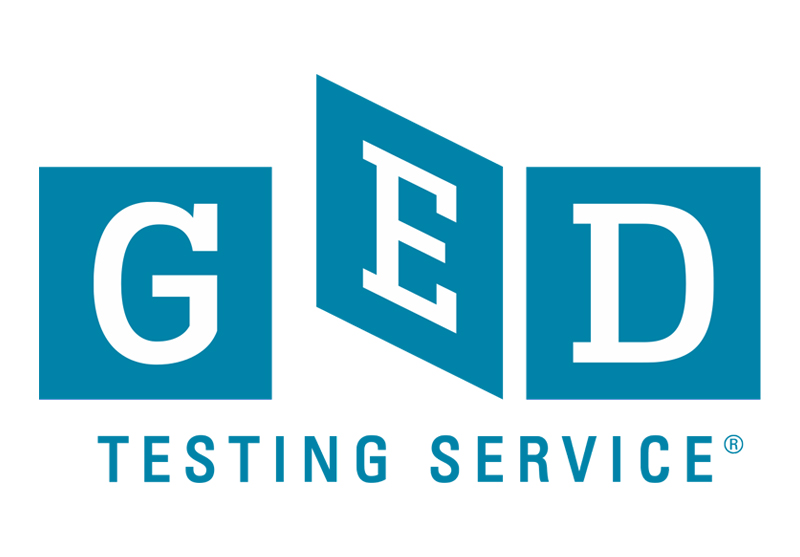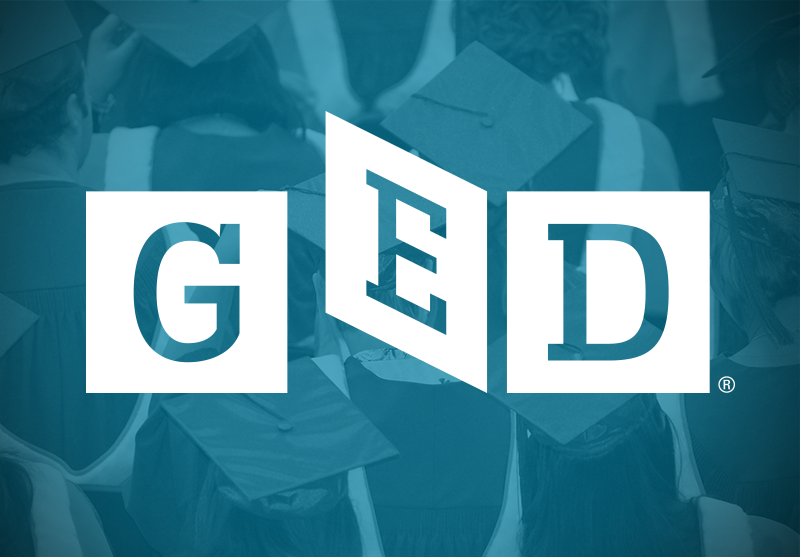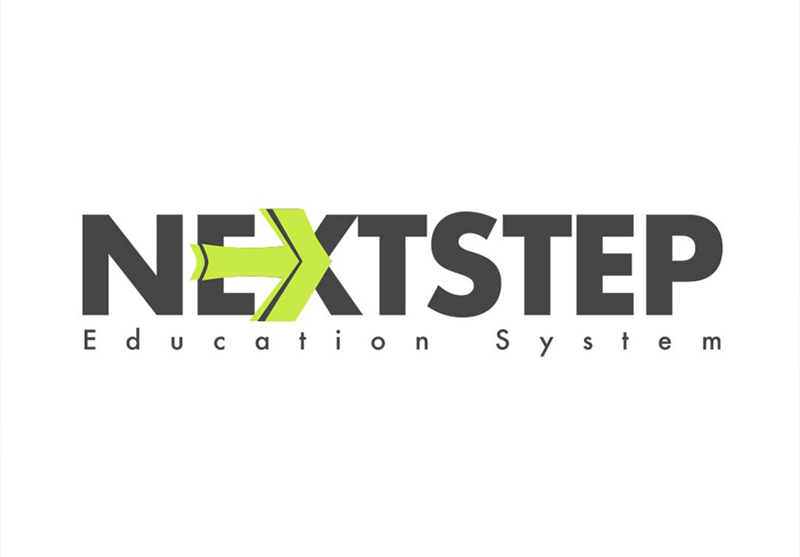High School Diploma vs GED: What’s the Difference?
Introduction:
When it comes to completing your education, you may have encountered two main options: earning a high school diploma or obtaining a GED (General Educational Development) certificate. While both credentials signify educational achievement, they have distinct differences. In this blog post, we will delve into the disparities between a high school diploma and a GED, helping you understand their unique attributes and make an informed decision about your educational path. and we will talk about on High School Diploma vs GED and What’re the Differences?
Academic Requirements:
A high school diploma is earned by successfully completing the required coursework and meeting the academic standards set by the educational institution. On the other hand, a GED is an alternative for individuals who did not complete traditional high school education. It involves passing a series of standardized tests that assess knowledge in key subject areas.
Time and Flexibility:
Earning a high school diploma typically requires attending classes for four years, following a structured curriculum. In contrast, preparing for the GED exams allows individuals to study at their own pace and schedule. This flexibility caters to individuals who may have other commitments, such as work or family responsibilities.
Recognition and Acceptance:
While a high school diploma is widely recognized as the standard educational attainment, a GED certificate is also widely accepted by colleges, universities, and employers. Both credentials demonstrate that individuals possess the necessary academic skills and knowledge, enabling them to pursue further education or career opportunities.
Cost Considerations:
The cost of earning a high school diploma can vary depending on factors such as school fees and additional expenses. On the other hand, preparing for and taking the GED exams typically incurs lower costs. This affordability makes the GED a viable option for individuals seeking to advance their education without incurring significant financial burdens.
Career and Higher Education Opportunities:
In terms of career prospects, having a high school diploma or a GED can open doors to various employment opportunities. Some specialized programs or institutions may have specific requirements, so it’s important to research the prerequisites of your desired career path. Additionally, both credentials provide a foundation for pursuing higher education, such as college or vocational training.
Authorized GED Prep Center in Pakistan
NextStep Education System in Karachi, Pakistan stands as the authorized center for GED preparation, ensuring high-quality education and comprehensive guidance. With experienced instructors and personalized attention, we offer top-notch GED preparation courses to help individuals achieve their goals. Our commitment to excellence and student-centered approach make us the leading provider of GED education in Karachi.
Online Classes Facility by NEXT STEP
NextStep Education System goes beyond traditional classroom settings by providing online classes for GED test preparation. With our virtual learning platform, individuals can access high-quality education and comprehensive guidance from the comfort of their own homes. Our experienced instructors ensure personalized attention and effective study materials to help students excel in their GED exams. We strive to make GED test preparation convenient, flexible, and accessible to learners worldwide.
Conclusion:
In conclusion, the decision between earning a high school diploma or obtaining a GED depends on individual circumstances, goals, and preferences. While a high school diploma follows a traditional educational path, a GED offers an alternative route for those who did not graduate from high school. Both credentials hold value and can lead to academic and career opportunities. By understanding the differences and considering your unique situation, you can make an informed decision that aligns with your educational aspirations and future endeavors.








